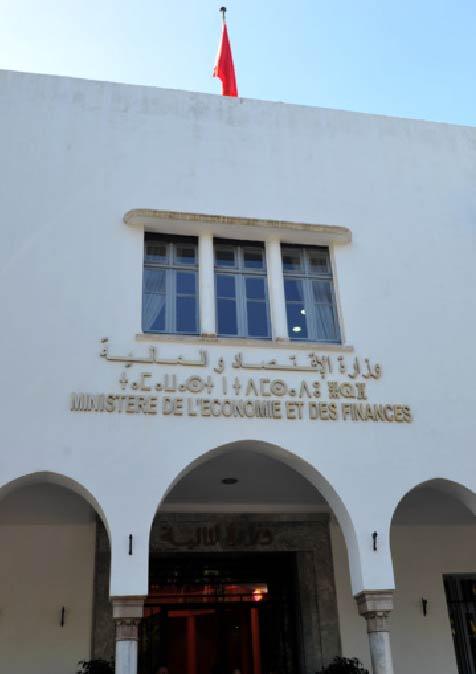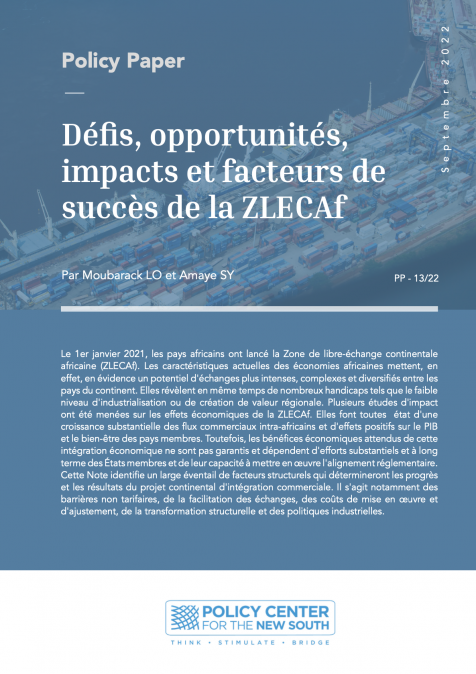Podcasts
De la vulnérabilité à la résilience économique en Afrique
Related topics:
La fréquence et la gravité croissantes des crises économiques, financières et sanitaires au cours des dernières décennies ont soulevé d’importantes questions concernant la vulnérabilité macroéconomique des pays et les politiques appropriées nécessaires pour résister et faire face aux chocs. L’intégration rapide des pays dans le commerce international, associée à leur dépendance croissante à l’égard des exportations et à la fréquence accrue des chocs liés aux prix des produits de base et au commerce, renforcent leurs expositions aux chocs exogènes et exacerbent leurs vulnérabilités économiques. En Afrique, le niveau de la vulnérabilité des pays reste élevé et représente un obstacle à la croissance et à la réduction de la pauvreté. Il est le continent qui compte la plus grande proportion de pays vulnérables. En effet les pays africains ont un indice de vulnérabilité économique structurelle significativement plus élevé que les autres économies en développement.
Dans ce podcast, Youssef El Jai accueille l’économiste Fahd Azaroual pour discuter de défis de la vulnérabilité économique en Afrique et des politiques et réformes structurelles qui doivent être mises en œuvre afin de renforcer la résilience économique des pays africains vis-à-vis des chocs exogènes.







